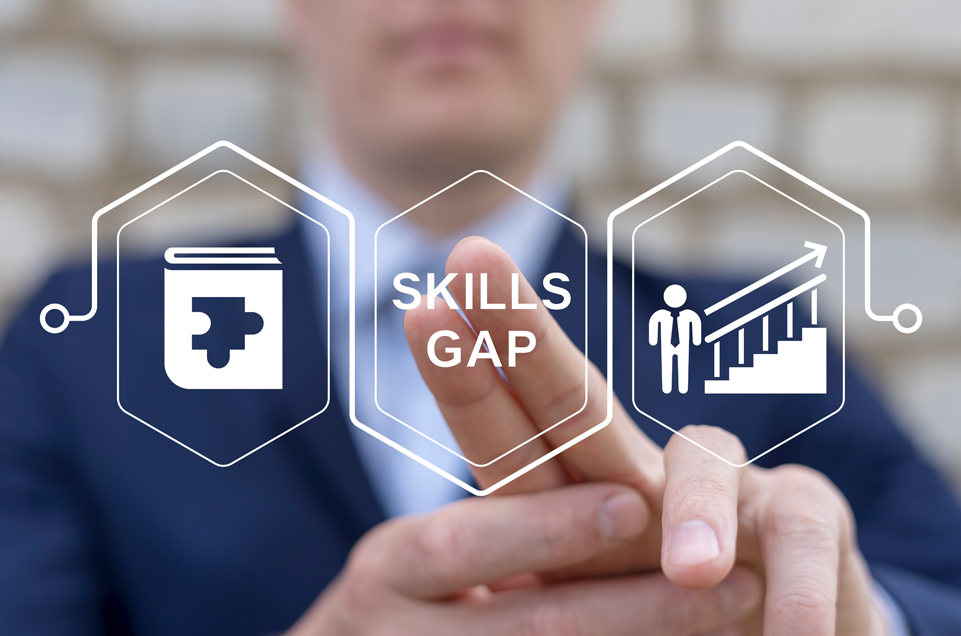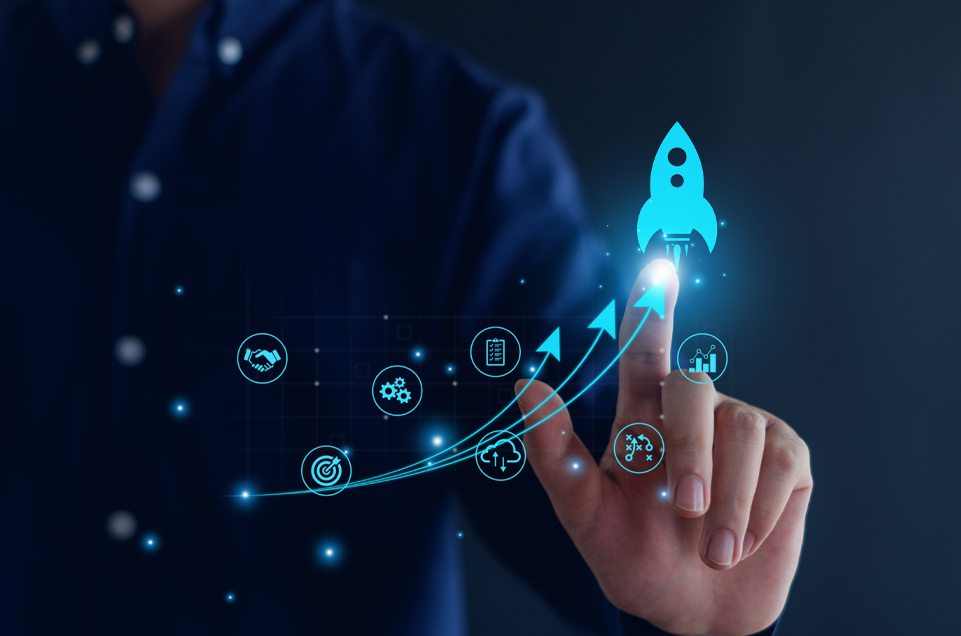The rise of artificial intelligence (AI) has stirred anxiety about the future of human jobs. Will robots and algorithms render us obsolete? The truth is, AI isn’t replacing people; it’s replacing tasks. In an AI-driven world, your employability won’t vanish — if you cultivate the one skill that machines can’t match. This post explores that irreplaceable skill and why it’s key to thriving alongside AI.
The Human Advantage in an AI-Powered Job Market
Every technological leap has threatened jobs, yet humans have continually adapted. Generative AI can now draft reports and analyze data in seconds, but it still struggles with human-centric skills like creativity, empathy, and judgment. Even the most advanced algorithms lack a true understanding of context and emotions, giving people a clear edge.
Leaders recognize this advantage. A recent survey found that 72% of U.S. executives value soft skills more than AI-related skills. Another study showed that 91% of hiring managers consider human skills as important as technical skills. In other words, traits like critical thinking, communication, and ethical judgment remain indispensable for employability in the age of AI.
So, what’s the “one skill” that keeps you irreplaceable? Adaptability – the ability to learn, pivot, and co-create with technology. An adaptable mindset means you’re not competing against AI; but working with AI to amplify your strengths. This skill is less about any single task and more about your approach to continuous learning. An adaptable person will eagerly pick up new AI tools, refine their human expertise, and blend the two into something greater.
Why Adaptability (Working With AI) Is the Ultimate Skill:
- Continuous Learning: In a fast-changing landscape, adaptable individuals learn new skills on the fly. They treat AI as a personal tutor or teammate, acquiring knowledge faster. Example: NVIDIA’s CEO notes he keeps an AI tutor at hand to learn daily, illustrating how embracing AI can boost your potential rather than replace you.
- Resilience and Flexibility: Adaptable professionals aren’t thrown off by new AI tools automating parts of their job. Instead, they take on higher-value tasks that AI can’t do – like complex decision-making or nurturing client relationships. This resilience turns disruption into opportunity.
- Human-AI Synergy: Rather than fearing AI, adaptable workers figure out how to partner with it. They leverage AI for efficiency while applying human insight where it counts. This synergy leads to better outcomes than either humans or AI could achieve alone.
AI and Employability: Evolving Your Skillset
Being adaptable also means staying AI-literate. Employers today prioritize candidates who can navigate AI tools. In fact, 66% of business leaders say they wouldn’t hire someone without AI skills, even preferring a less experienced person who has them over a veteran who doesn’t. AI fluency is becoming as fundamental as basic computer skills once were.
Consider how this plays out in the real world. According to the McKinsey Global Institute, about 30% of all tasks in most occupations are automatable in the current situation.
The lesson? Embracing AI in your job makes you more valuable, not less. Across industries, people who augment their expertise with AI will become linchpins of innovation.
Companies are investing in skilling initiatives to foster this adaptability. Programs focused on innovation and research, like those by the Wadhwani Foundation, stress learning agility and digital fluency. The workforce of the future will blend technical know-how with uniquely human traits. For example, an HR professional might use AI to screen resumes but rely on human intuition for final hiring decisions, ensuring a fair and culture-fit choice.
The Future of Human Jobs: Adapt and Thrive
AI is here to stay, transforming how we work. McKinsey suggests that nearly 45% of today’s jobs could be automated by 2030. But rather than a threat, think of AI as a catalyst pushing us to hone what makes us human.
History has shown that when we adapt and upskill, we don’t get replaced — we move up the value chain. In the words of Nvidia CEO Jensen Huang, AI will “increase human potential, not replace jobs.”
Employability in the AI era isn’t about outperforming an algorithm; it’s about outthinking, outcreating, and outconnecting it. By cultivating adaptability – staying curious, learning continuously, and embracing AI as a collaborator – you ensure that you’ll remain not just employable, but truly irreplaceable.
In a world where technology evolves overnight, the most future-proof skill is the ability to evolve right along with it. This mindset will keep your career resilient and your opportunities endless, no matter how intelligent our machines become. The future of human jobs will belong to those who grow and change – because no AI can replace a human who never stops learning.



